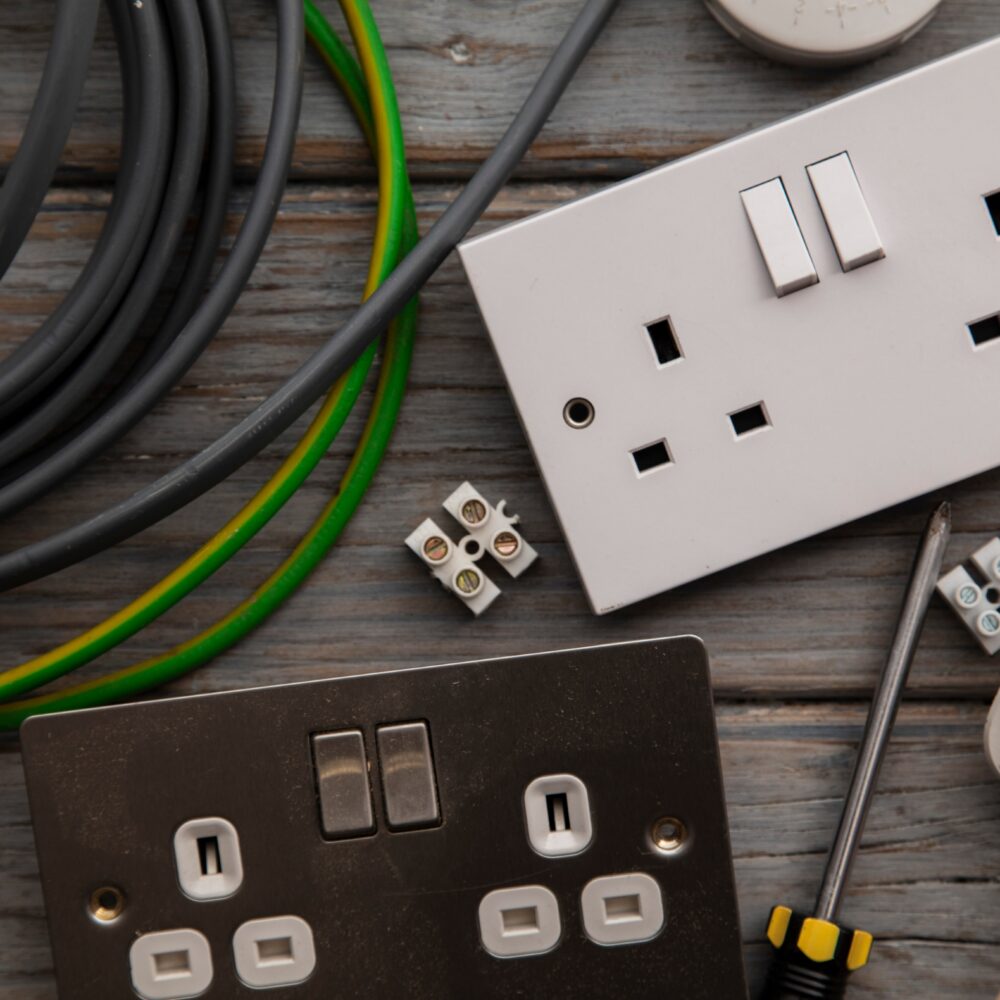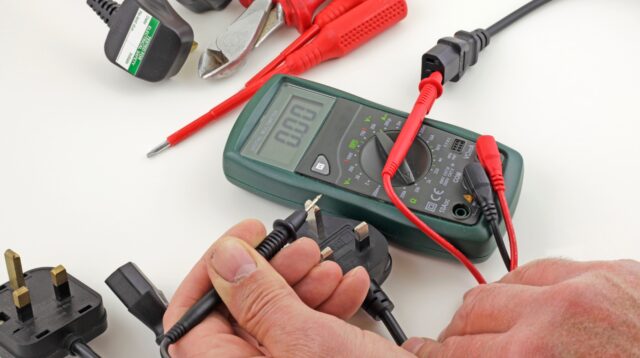PAT TESTING & INSPECTIONS
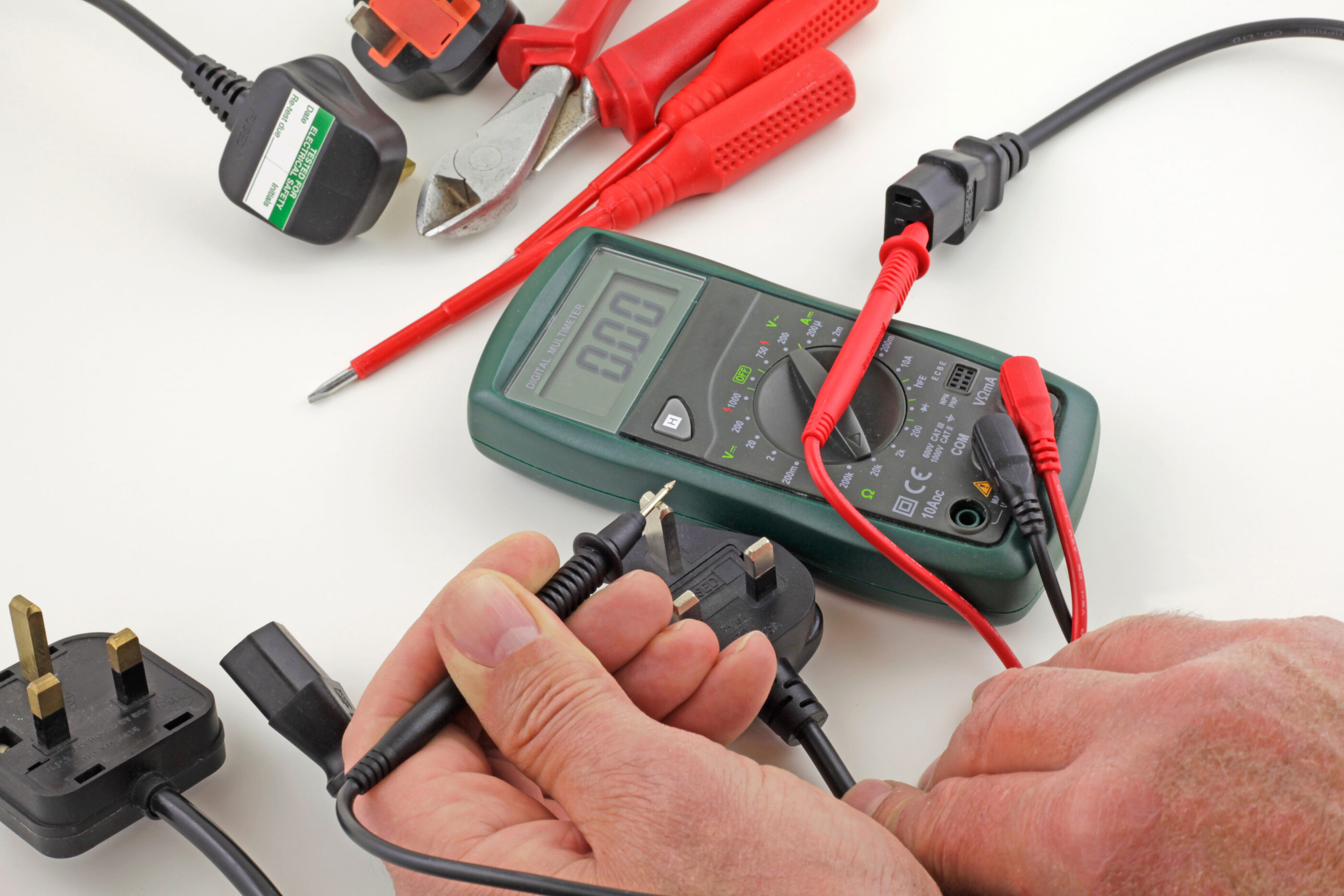
We offer a wide testing and inspection service, from PAT testing of electrical appliances to check functionality and condition to inspection of fixed wiring installations.
PAT testing and electrical inspections
We offer a full testing and inspection service across Norwich and Norfolk which includes PAT testing, Electrical Installation Certificates, Landlord Safety Certificates, Minor Work Certificates and Emergency Lighting Certificates.
- What is PAT testing?
-
Portable Appliance Testing, more commonly known as PAT inspection or PAT testing, is the annual inspection of portable electrical appliances to check if they’re safe for use. We deliver PAT testing from our base in Norwich across the county of Norfolk.
Whether you are an employer, employee or a landlord, PAT testing regulations apply to you.
- What is a portable appliance?
-
The National Association of Professional Inspectors and Testers (NAPIT) defines a portable appliance as ‘any electrical appliance which can, or is intended to, be moved whilst connected to an electrical supply’. This includes appliances such as laptops, kettles, hairdryers and electrical power tools, plus many, many more.
- What happens during PAT testing?
-
Our electricians, who are fully trained and qualified to NAPIT standards, carry out a visual inspection of the portable appliance followed by several test procedures to determine if earthing continuity, insulation resistance, functional testing and polarity of wiring meet the required minimum standards using specialist test equipment.
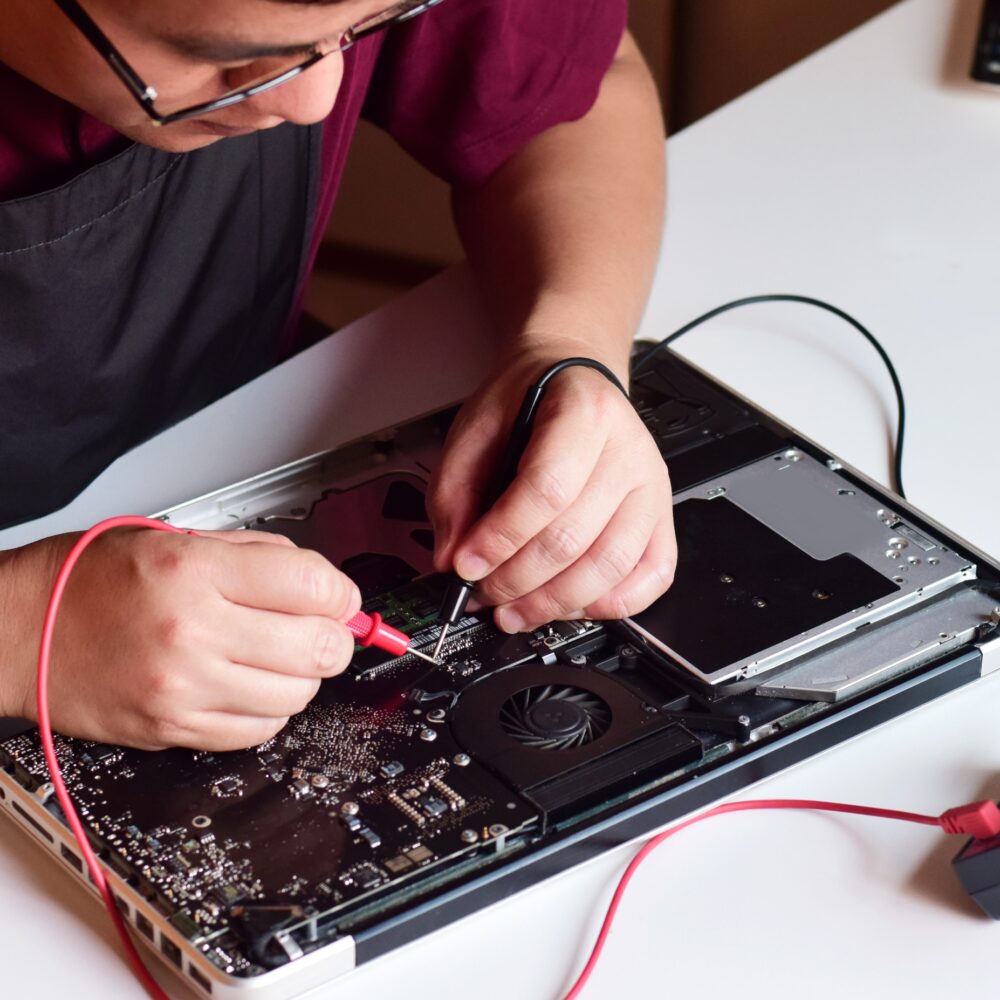
Inspection and testing
of fixed wiring installation
It’s important that all parts of a distribution system are periodically checked to be in good working order so the system remains safe.
It’s necessary to check from the main incoming supply to all fixed wiring and cables that are hidden from sight (such as cables in walls and loft spaces or buried under ground) plus accessories and switching equipment (such as sockets and light fittings and everything in between). That’s where our fixed wire testing service comes in.
- What happens during inspection?
-
We carry out a thorough visual inspection followed by several electronic tests, where we inject test voltages and current through the system to determine the integrity and functionality of cables, accessories and disconnection devices.
Every single circuit within the installation, from your distribution board right through to the end items such as sockets and switched spurs, light switches and light fittings, cooker switches and more, will be put through several different electrical tests using specialist testing equipment.
Through these tests, our electricians will either determine that your electrical installation is safe and satisfactory, or they will identify potentially dangerous defects that could lead to injury to people or damage to your property.
Please note, your power will need to be switched off and isolated at an agreed time for a limited period to complete the inspection.
- How often is inspection needed?
-
It’s important to adhere to the periodic testing frequency outlined by the BS7671 (The IEE Wiring Regulations), which is the benchmark for electrical systems and safety.
Periodic testing frequency varies. It’s every five years for commercial installations, three years for industrial installations, one year for buildings that are open to the public, and three years for external installations.
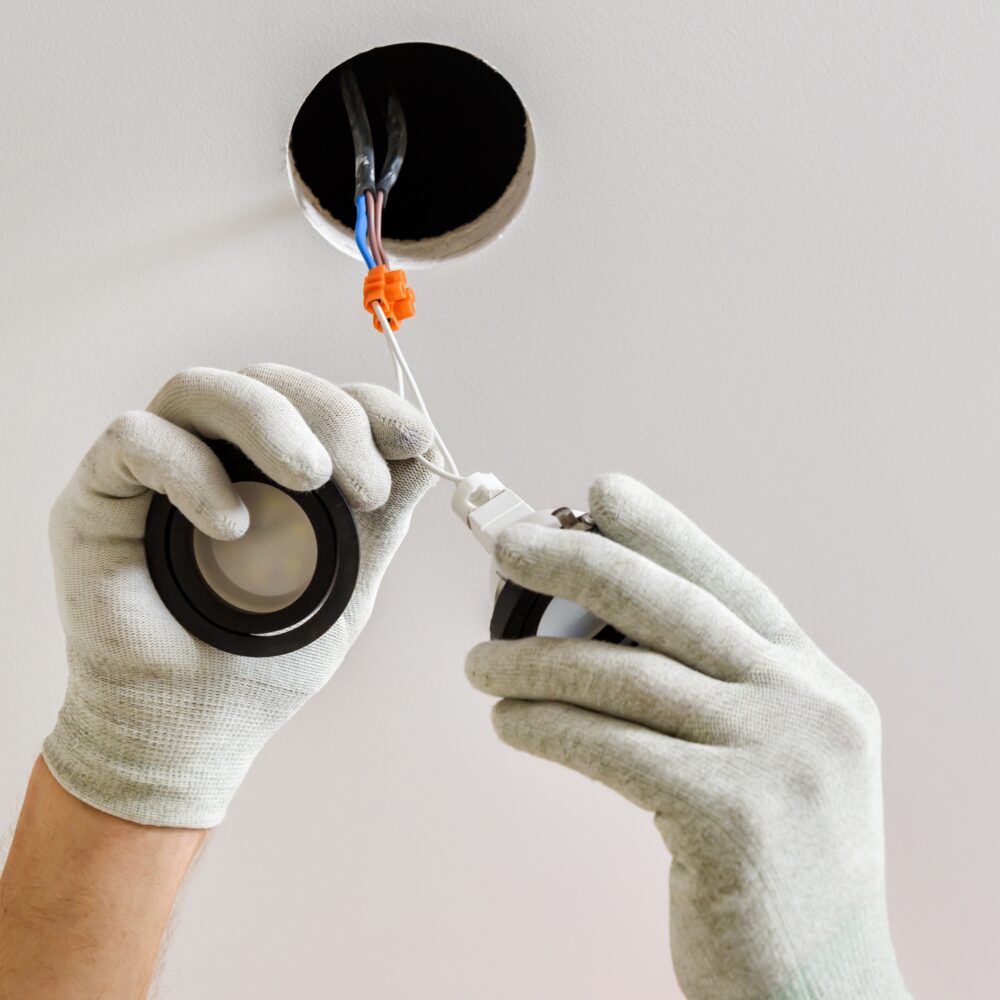
Inspection and
Landlord
Certification
Our electricians also can undertake regular visual checks and testing of your electrics, including reports for home buyers and landlords.
- Landlords
-
Anyone who rents accommodation as a business activity is required to ensure that the portable equipment that they supply as part of the tenancy is safe.
The Electrical (Safety) Regulations 1994 requires that all mains electrical equipment supplied with the accommodation (for example, cookers, washing machines, kettles etc.) remains safe. Regardless of whether they’re second-hand or new, PAT testing regulations will apply to such items.
- Employers and employees
-
In the workplace, there are several regulations that put the duty of care upon both the employer and the employee when it comes to ensuring the safety of all persons using the workplace.
Legislation of specific relevance to electrical maintenance is the Health and Safety at Work 1974, The Management of Health and Safety at Work Regulations 1999, the Electricity at Work Regulations 1989, the Workplace (Health, Safety and Welfare) Regulations 1992, and the Provision and Use of Work Equipment Regulations 1998.
In combination, these regulations apply to all electrical equipment used in, or associated with, places of work. PAT testing regulations apply right down to the smallest piece of electrical equipment.
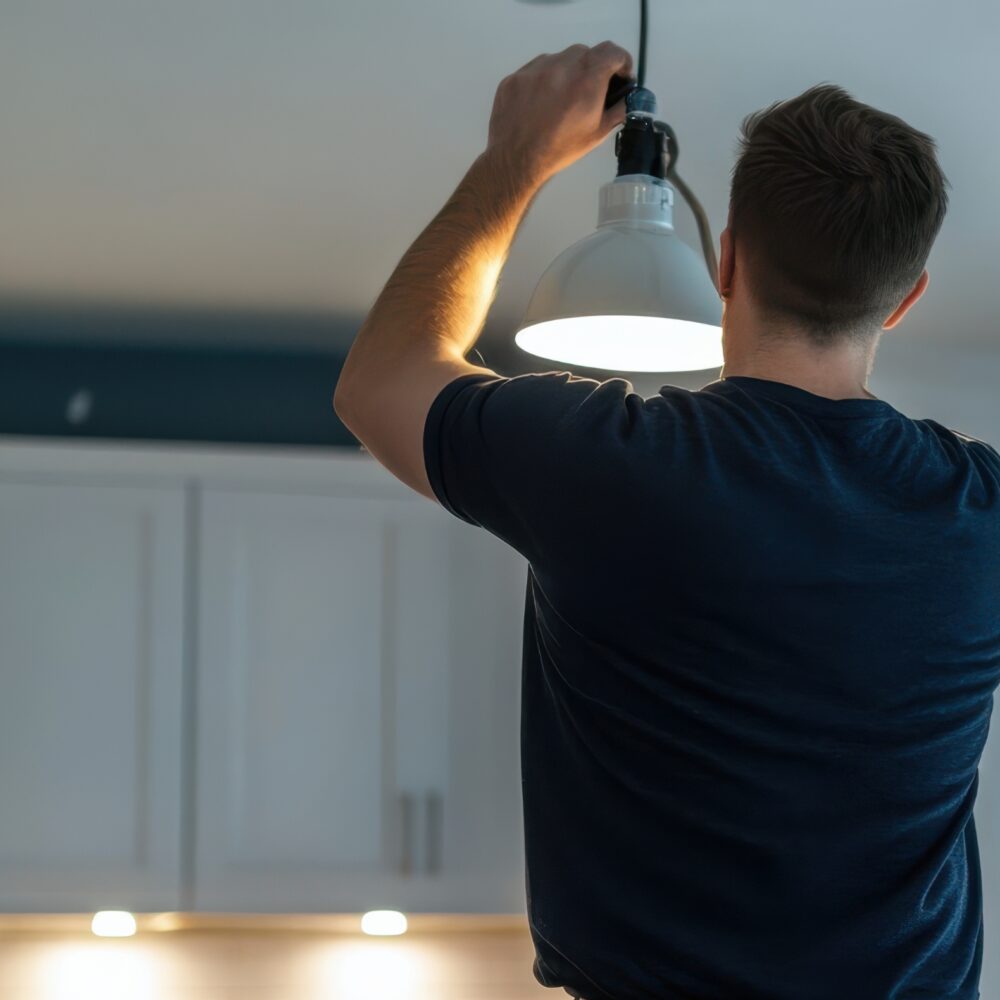
Electrical
maintenance
If there’s anything electrical in your home or commercial property that you deem to be unsafe or incorrect, we can check and repair anything in order to give you peace of mind.
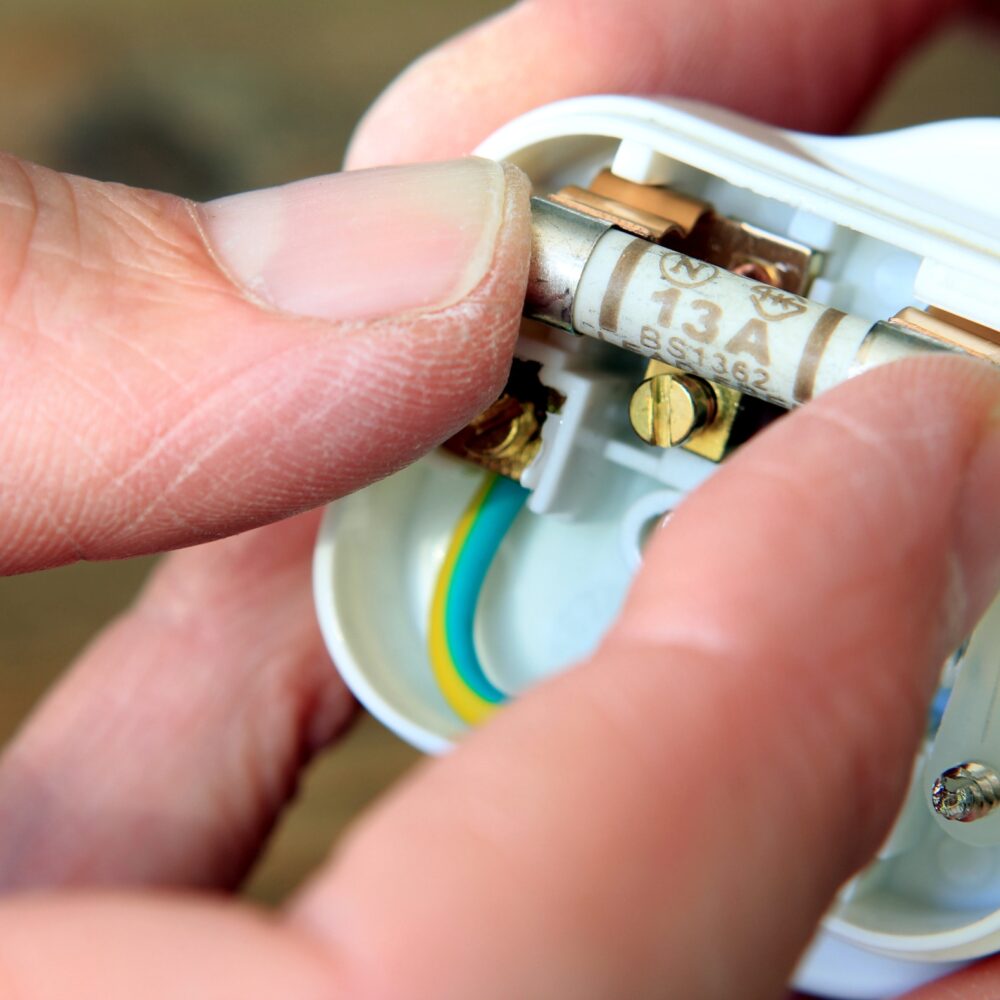
Electrical
fault-finding
Having issues with your electrics not staying on?
Contact us so we can locate and repair the fault.
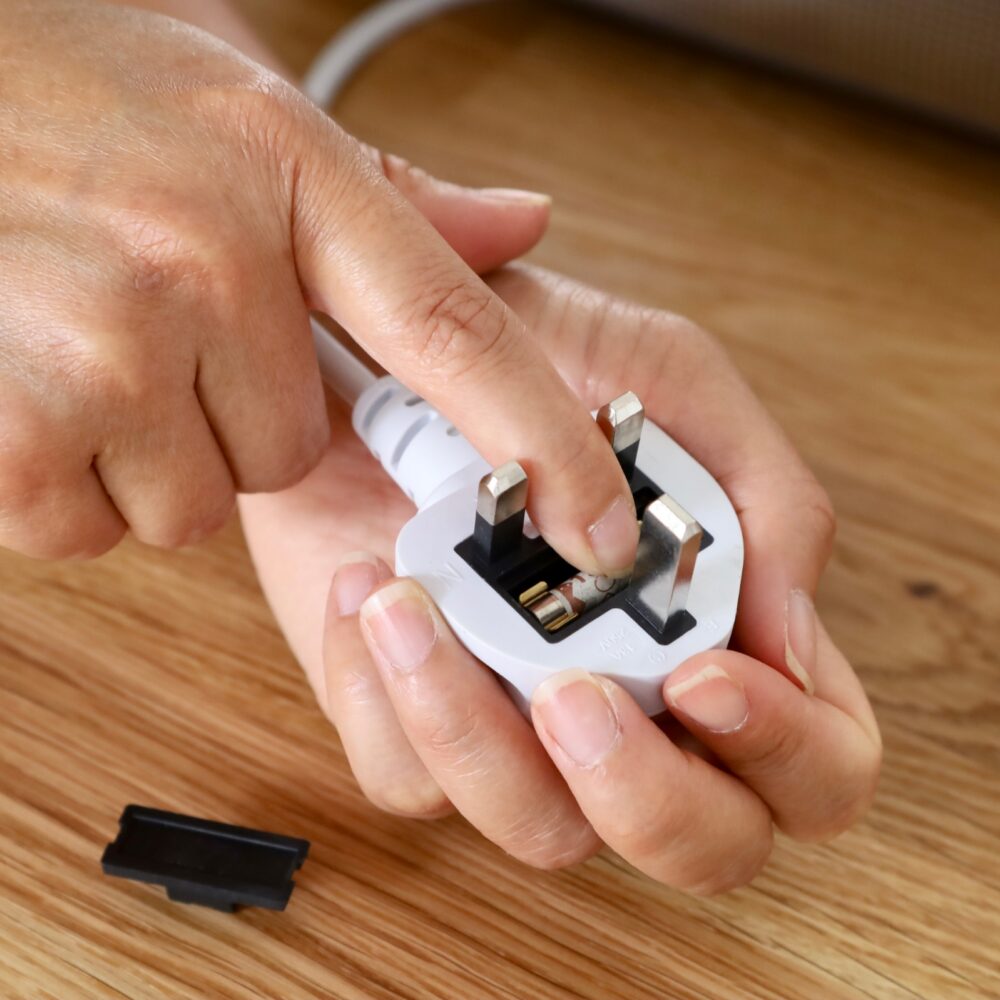
Our electrical contractor
services cover Norwich
and Norfolk
We aim to cover the whole of the county, including these locations. Not in Norfolk but nearby? Feel free to get in touch to see if we’re able to come out to you.
Norwich
Acle
Aylsham
Attleborough
Cromer
Dereham
Diss
Downham Market
Fakenham
Great Yarmouth
Harleston
Holt
Hunstanton
King’s Lynn
Sheringham
Swaffham
Thetford
North Walsham
Watton
Wroxham
Wymondham
Need an electrical service that’s not mentioned here?
See our full selection of services.
